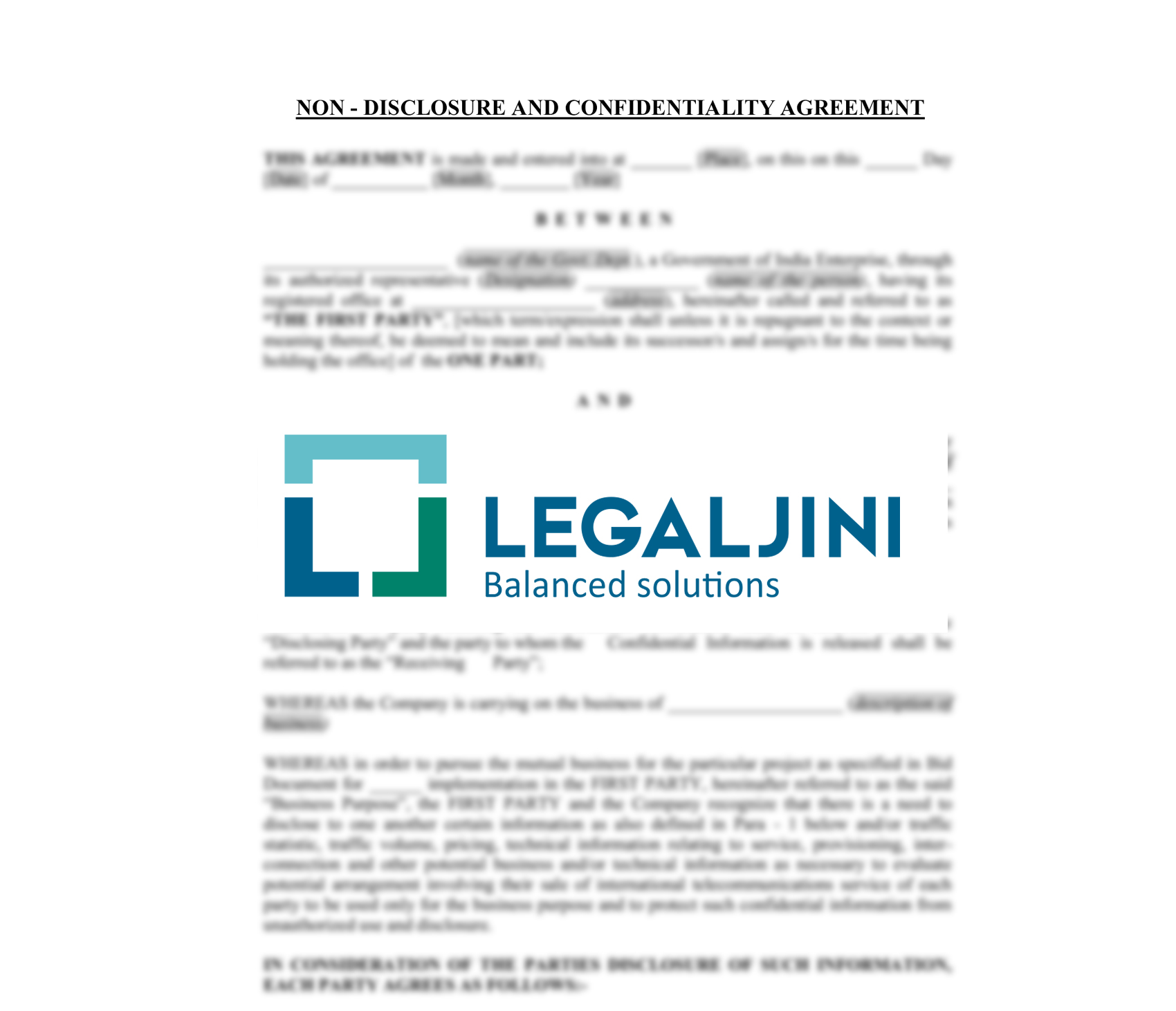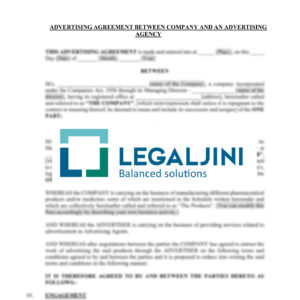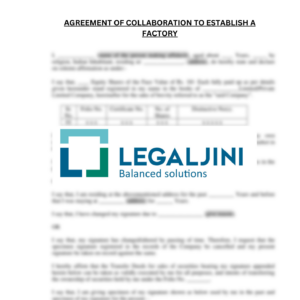Safeguard sensitive information with our Non-Disclosure and Confidentiality Agreement. This document ensures clarity in defining confidential information, purpose of disclosure, duration of confidentiality, and legal consequences for breach, providing a robust legal framework for protecting sensitive data.
Non-Disclosure and Confidentiality Agreement
Protect Your Trusted & Confidential Records With Our NDA Agreement Templates. At LegalJini, we offer comprehensive and expertly crafted NDA templates, ensuring your information remains confidential, and enabling you to collaborate confidently.
Everything on Non-Disclosure Agreement
What Is A Non-disclosure Agreement?
Non-disclosure agreements, or NDAs, are legally binding contracts between two parties where one party shares the covert details and the other party promises to keep it safe. The NDA Agreement establishes a private connection between the owner of sensitive information and the person who gets access to it. In a confidential relationship, the information can be sensitive, technical, commercial, valuable (like proprietary information, trade secrets), or more.
Confidential agreements, confidentiality disclosure agreements, NDA Agreements, and non-disclosure contracts are other names for non-disclosure agreements. This promising agreement differs from other commercial contracts like service or sales agreements, which concentrate on the terms and conditions of service or transactions. NDA specifically aims to protect an individual’s or organization’s information privacy.
What Is The Purpose Of The NDA Agreement?
A signed NDA agreement approves the legal foundation for preventing information and intellectual property from being taken, sold, or given to unaffiliated parties, such as rival companies.
The four essential functions of Non-disclosure agreements in India are–
- Specifying protected information: NDA agreements clearly define what information is confidential and what can be shared publicly. This clarity allows all parties to work together effectively while respecting the agreed-upon boundaries of confidentiality.
- Protecting Sensitive Information- An NDA Agreement legally binds parties to the protection of confidential information like proprietary data, business strategies, or technological innovations. A breach of contract occurs if that information is disclosed.
- Preserving Patent Rights: An NDA Agreement safeguards an inventor while they work on their new idea or product as sometimes patent rights are nullified by the public disclosure of a pending innovation.
- Establishing Trust: An NDA fosters trust between parties so that everyone understands the importance of confidentiality and the legal implications of disclosure.
When Do You Need An NDA Agreement In India?
Business Negotiations- Ensure confidentiality during potential partnerships, mergers, or acquisitions.
Employment and Contracting- Protect business data when hiring new employees, freelancers, or contractors.
New Investment Areas- Safeguard detailed business plans and financial information shared with potential investors.
Client and Vendor Relations- Maintain confidentiality when sharing sensitive information with clients or vendors, preserving trust and integrity in business relationships.
Intellectual Property Protection- Safeguard trade secrets, proprietary methods, and intellectual property when collaborating with external partners or consultants.
The Non-Disclosure Agreement template available from LegalJini is designed for unilateral relationships in which one party divulges information to another.
Each side can use the LegalJini NDA template to produce a unique agreement for the other to sign in the case of a mutual Non-disclosure agreement.
Get Your NDA Agreement Template!
What Are The Limitations Of NDA Agreements?
Enforcement Challenges: Enforcing an NDA can be difficult, especially across different jurisdictions.
Limited Scope: NDAs cannot prevent all forms of information leakage. For instance, the NDA cannot retroactively enforce confidentiality in any public information.
Dependence on Trust: If one party decides to breach the agreement, the damage occurs before any legal action.’
Key Clauses Added In Our NDA Agreement Template
- Definitions of Confidential Information
Clearly outlines what counts as confidential information, reducing ambiguity and ensuring all parties know their obligations.
- Obligations of Receiving Party
Specifies the responsibilities of the party receiving the confidential information, including how they must handle and protect it.
- Duration of Confidentiality
Defines how long the information must be kept confidential, ensuring ongoing protection.
- Dispute Resolution
Includes provisions for resolving any disputes that may arise, offering a clear path to address potential issues.
- Governing Law
Specifies the legal jurisdiction under which the NDA will be governed, providing clarity and legal certainty.
How to Write An NDA Agreement?
The following details are required in the non-disclosure agreement:
- The parties’ contact details
- Information about private data that must be kept secure
- Permitted uses by the receiver of the sensitive information
- Time constraints for maintaining information confidentiality
- The motive behind the revelation
If you are an employer, you may incorporate provisions (such as a non-compete or non-solicitation clause) that prohibit an employee from launching a rival business or employing other workers. Ultimately these terms protect your business interests.
Get Started with LegalJini!
LegalJini offers Non-Disclosure and Confidentiality Agreements (NDAs) designed to protect your business. Our expertly crafted Non-disclosure agreement format ensures your confidential information stays secure, letting you work with peace of mind!
FAQ!




